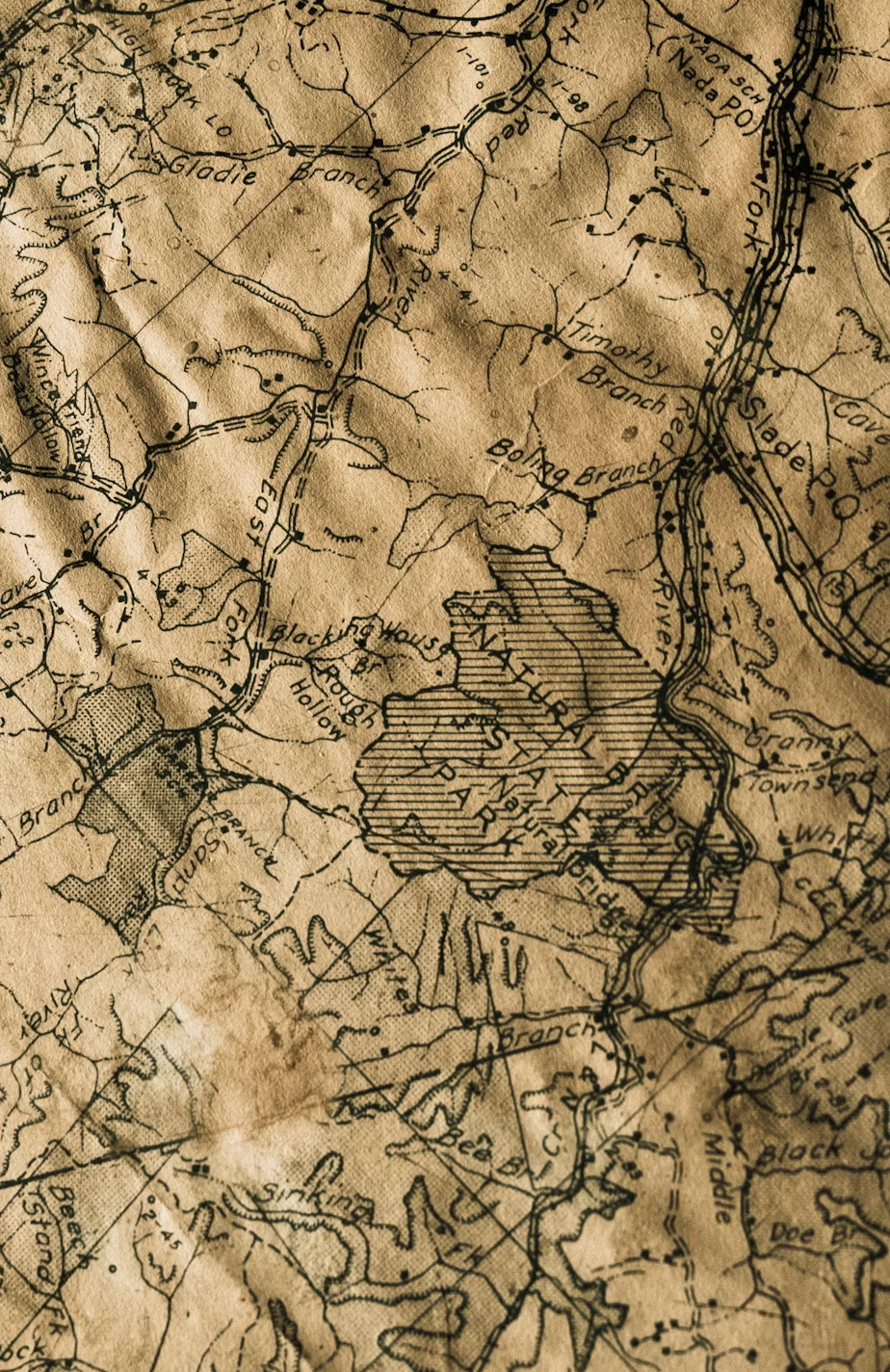This is a torn map of the forsaken world.
There are lines even wolves cannot cross.
Every voice an epitaph, then a little tune
from the neighbor’s garden apartment
suggesting a rondo, or circle of fifths.
Plato said the soul is a perfect circle.
Perfection: from the Latin perfectus,
meaning a hollow object, complete.
When a child, I spake as a child.
Then I clung to childish things.
String theory, interconnection,
held fast by grace and gravity:
that, too, has occurred to me.
The trick is to stay embodied:
seeking guidance, blessings,
or propitiation from the gods.
I spread the atlas on the floor,
confuse it again with territory.
There’s no allegorical signifier
for which God stands, except
the market’s invisible hand.
I don’t feel crazy today, but
the light coming in through
the windows accentuates
the dirt-caked surfaces,
the intervening themes.
When Schubert passed
of typhoid fever at 31,
he left us a vast oeuvre,
an unfinished symphony.
Virginia Konchan is the author of four poetry collections and a collection of short stories, and co-editor of the craft anthology Marbles on the Floor: How to Assemble a Book of Poems. Her poems have appeared in The New Yorker, The New Republic, The Atlantic, American Poetry Review, and The Believer.




